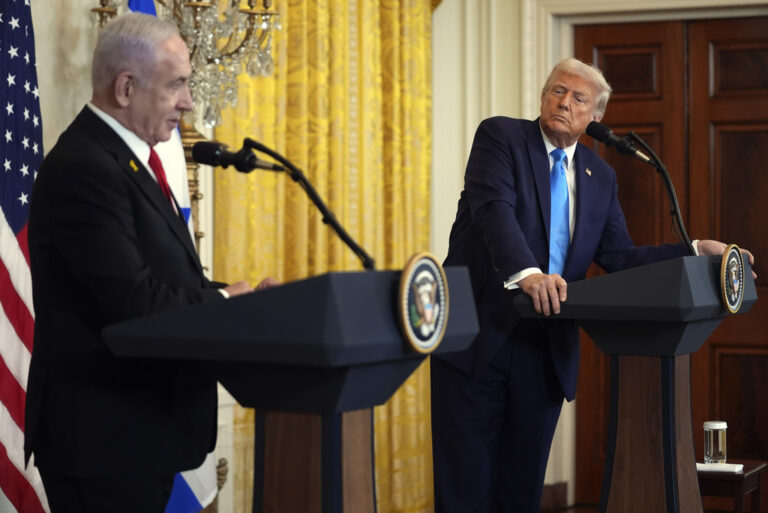 A judge on Thursday recommended that a case challenging the claims on popular Vitaminwater drinks as misleading move forward as a class-action lawsuit.
A judge on Thursday recommended that a case challenging the claims on popular Vitaminwater drinks as misleading move forward as a class-action lawsuit.
Attorneys representing the health-advocacy group Center for Science in the Public Interest and consumers from California and New York have accused Coca-Cola Co. of using deceptive labeling on Vitaminwater beverages, including claims that they reduce risks of eye disease and boost the immune system.
U.S. Magistrate Judge Robert Levy said in a ruling in New York that the lawsuit can proceed as a class-action lawsuit. The plaintiffs can seek injunctive relief, which would prevent Coca-Cola from making certain claims for the product. The judge said the parties cannot seek financial damages.
The case now returns to U.S. District Court for the Eastern District of New York, where Judge Dora Irizarry had requested the magistrate judge’s opinion. District court judges typically accept such recommendations.
Coca Cola Communications Director Lindsey Raivish said the company is “very gratified” that Levy denied the monetary damage claims against the company.
“We firmly believe the plaintiffs’ claims are without merit and will ultimately be rejected,” Raivish said in a statement.
In 2010, another New York judge denied Coca-Cola’s attempts to have the lawsuit dismissed on technical grounds. At that time, Judge John Gleeson said Vitaminwater’s use of the word “healthy” violates Food and Drug Administration labeling rules. In a 55-page opinion, Gleeson also took issue with Vitaminwater’s name, which fails to identify sugar as a key ingredient in the drink, though it is listed in nutrition information on the bottles.
The Washington-based Center for Science in the Public Interest hailed the opinion as a major victory.
“Today’s decision puts this case on a glide path toward a jury trial where Coca-Cola will have to defend under penalty of perjury the deceptive claims it has made and continues to make in connection with Vitaminwater,” said Steve Gardner, lawyer for the Center for Science in the Public Interest.
(AP)











2 Responses
1. Not awarding monetary damages reduces the danger of litigation for litigation’s sake (but if attorney’s fees are awarded, it would be just as bad).
2. If they made medical claims, the product is a drug and they need FDA approval for their claims. However “puff talk” shouldn’t give rise to lawsuits. The fact that the FDA hasn’t entered the case suggests the case may lack serious merit.
3. What public purpose is served by protecting people concerned about what’s in the drink, but too lazy or too dumb to read the ingredients.
Ouy .It’s our favorite drink.